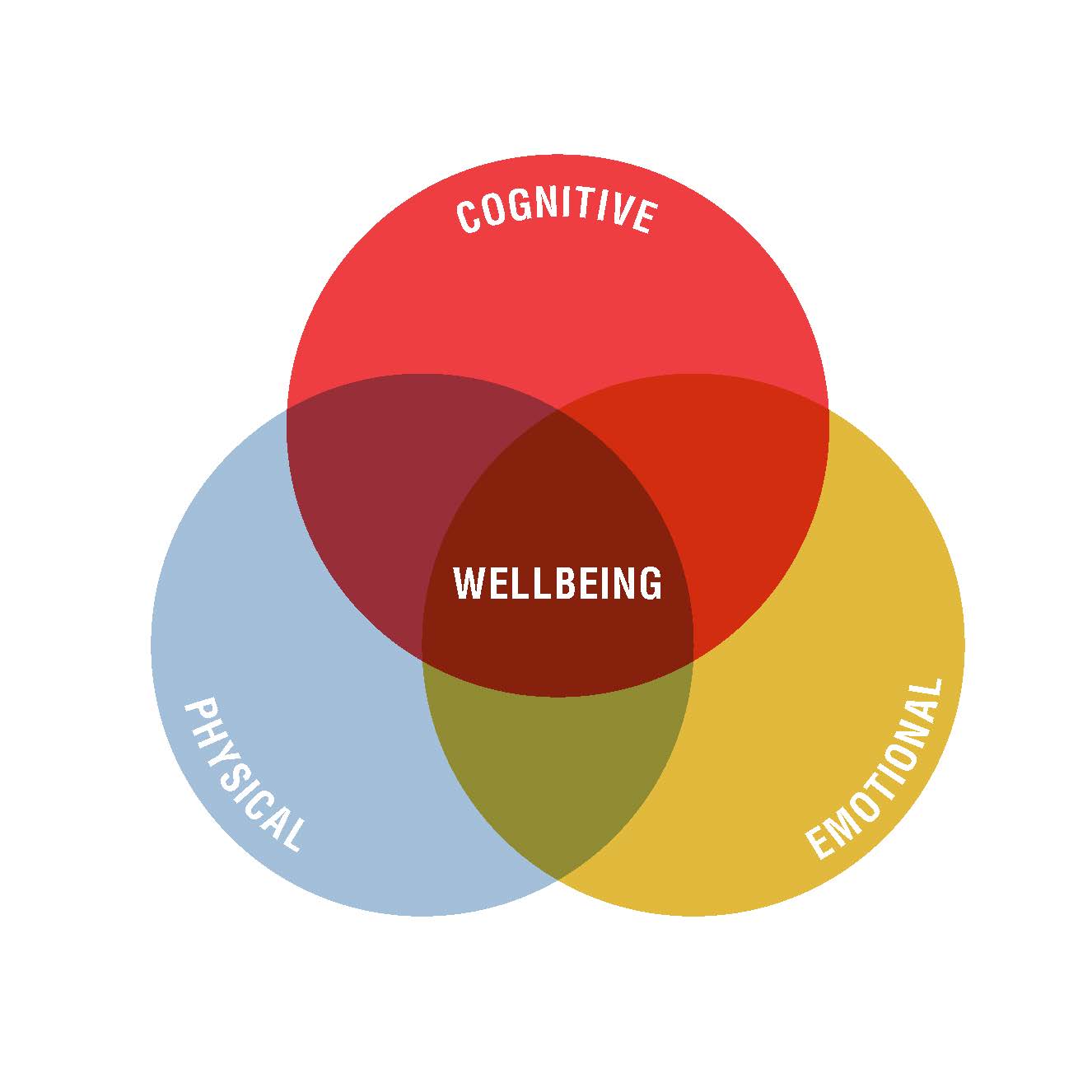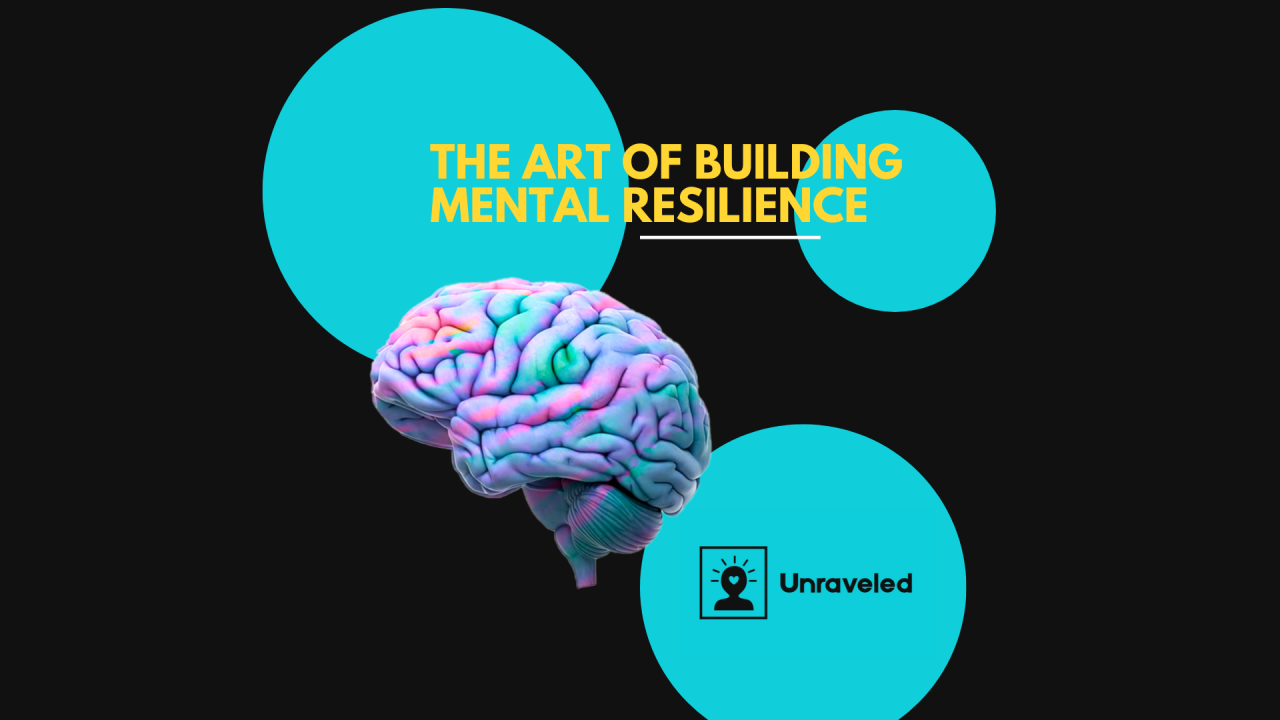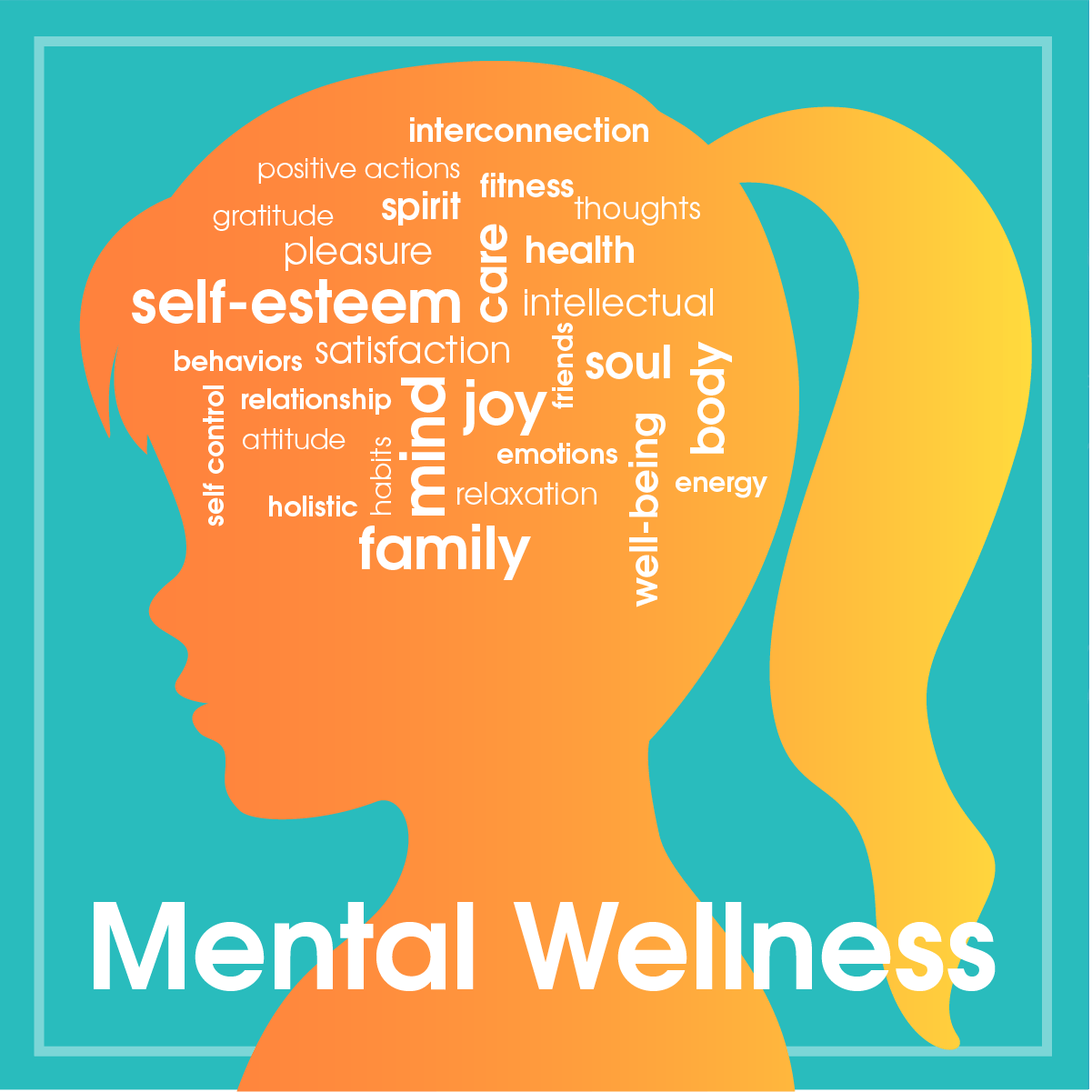Introduction
In today’s fast-paced world, finding inner peace can feel like an elusive goal. However, with the right techniques, you can cultivate a sense of calm and tranquility amidst life’s chaos. In this article, we’ll explore essential wellbeing techniques that can help you discover inner peace and improve your overall well-being.
Practice Mindfulness
Mindfulness is a powerful practice that involves bringing your attention to the present moment without judgment. By focusing on your breath, sensations in your body, or the environment around you, you can cultivate a sense of awareness and presence. Regular mindfulness practice can help reduce stress, anxiety, and negative thought patterns, allowing you to experience greater peace and contentment in your daily life.
Engage in Meditation
Meditation is another effective way to cultivate inner peace and reduce stress. Whether you choose to practice guided meditation, mindfulness meditation, or loving-kindness meditation, setting aside time each day to sit quietly and focus your mind can have profound benefits for your mental and emotional well-being. Even just a few minutes of meditation each day can help you feel calmer, more centered, and better equipped to handle life’s challenges.
Connect with Nature
Spending time in nature is a powerful way to reconnect with yourself and find inner peace. Whether you take a leisurely walk in the park, go for a hike in the mountains, or simply sit outside and soak up the sun, being in nature can help quiet your mind and soothe your soul. Take the time to appreciate the beauty and wonder of the natural world, and allow yourself to feel grounded and at peace.
Practice Gratitude
Cultivating an attitude of gratitude can also help you find inner peace and contentment. Take a few moments each day to reflect on the things you’re grateful for, whether it’s your health, relationships, or simple pleasures like a warm cup of tea or a beautiful sunset. Focusing on the positive aspects of your life can shift your perspective and help you cultivate a greater sense of peace and fulfillment.
Nurture Your Body
Taking care of your physical health is essential for promoting inner peace and well-being. Make sure you’re getting enough sleep, eating nourishing foods, and engaging in regular exercise. Prioritize activities that make you feel good, whether it’s yoga, dancing, or going for a run. When your body feels healthy and strong, your mind is better able to find peace and balance.
Set Boundaries
Learning to set boundaries is crucial for protecting your inner peace and well-being. Whether it’s saying no to social engagements that drain your energy, limiting your exposure to negative news or social media, or establishing boundaries with toxic people in your life, prioritize your own needs and well-being. Remember that it’s okay to prioritize yourself and your mental health, even if it means disappointing others.
Practice Self-Compassion
Finally, remember to be kind and compassionate to yourself. We all make mistakes, experience setbacks, and have moments of self-doubt. Instead of being hard on yourself, practice self-compassion and treat yourself with the same kindness and understanding you would offer to a friend. Recognize that you’re doing the best you can, and that you deserve love, acceptance, and inner peace just as much as anyone else.
Conclusion
By incorporating these essential wellbeing techniques into your daily life, you can discover inner peace and improve your overall well-being. Remember to practice mindfulness, engage in meditation, connect with nature, practice gratitude, nurture your body, set boundaries, and practice self-compassion. With dedication and perseverance, you can cultivate a greater sense of peace, contentment, and fulfillment in your life. Read more about mental wellbeing tips







